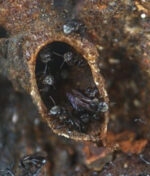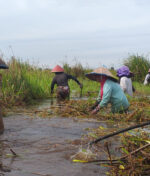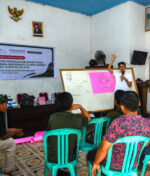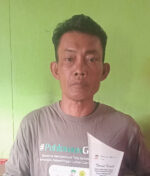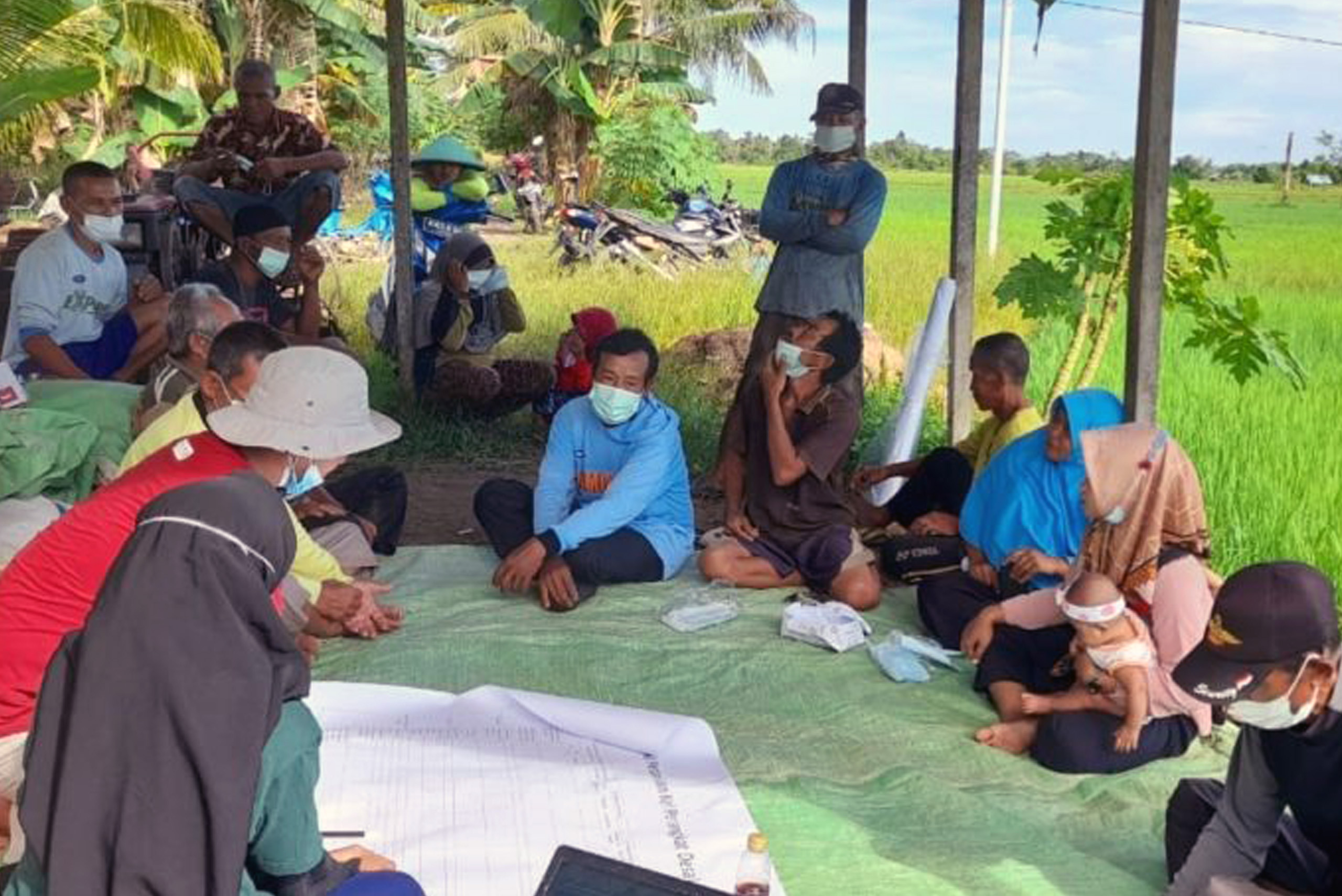
Becoming Peatland Heroes: The Perspectives of 55 Young Researchers in West Kalimantan in Building Synergy for Sustainable Peatland Management
Enthusiasm and interest were clearly apparent when ICRAF, through Peat-IMPACTS Indonesia, initiated the Young Peat Researcher Incubator or Inkubator Peneliti Muda Gambut (IPMG) programme in West Kalimantan province.
The IPMG-West Kalimantan Chapter involved 31 female and 24 male graduates from various universities in West Kalimantan who participated in the programme, which ran from February to July 2021.
Good collaboration was established with the West Kalimantan Provincial Government and Kubu Raya District Government, where IPMG activities took place. Lecturers from universities in West Kalimantan shared their enthusiasm by promoting and selecting the best candidates to join the programme.
Head of the West Kalimantan Provincial Public Housing and Settlements Office, Ir. H. Adi Yani, MH, expressed his hope that, “the Young Peat Researcher Incubator programme can stimulate the youth in West Kalimantan through research activities relating to peat. We hope that a sustainable peatland management system can be established through a proper knowledge management system”.
Before going to the field, young researchers were prepared through a series of training sessions covering many competencies on the ‘Approach to Livelihoods and Landscape Improvement and Resilience’ (ALLIR). The expectation was that the IPMG programme would collect data through engagement with peat farmers and communities to uncover intervention options for sustainable peatland management in West Kalimantan. Field activities lasted for approximately four months in 31 villages in the Kapuas–Ambawang River and Terentang–Kapuas River Peat Hydrological Units (PHUs).
Once field activities had been completed, the 55 young researchers conducted a series of knowledge dissemination sessions for sharing information and experiences. A provincial seminar was held on their experiences in peatland research, with topics including land use in peat ecosystems, gender equality, strategic commodities, best agricultural practices, community livelihoods and farming patterns from an economic perspective. The expectation was for the seminar to provide fresh information and considerations for policymakers in West Kalimantan.
A media gathering was held with more than 20 journalists to attract media attention to social, economic and environmental issues relating to peatlands in West Kalimantan. This was followed by a campus tour to the top three universities in West Kalimantan to share experiences and knowledge with the academic community.

A focus group discussion with a women’s farmer group in Korek village, Kubu Raya district
The last most important event was a provincial public dialogue with important leaders and policymakers from the national, provincial and district levels on livelihood problems in peatlands and possible solutions. All of these events were based on the valuable experiences of the 55 young researchers through Peat-IMPACTS Indonesia.
During the public dialogue, ICRAF Indonesia Country Director, Dr. Sonya Dewi, relayed an important message on the importance of partnerships between the government and the private sector. As livelihood issues differ from one village to another, despite being in the same province, context-specific livelihood options need to be developed to solve the challenge of managing peatlands sustainably. Sonya Dewi also praised the IPMG programme as an example of how landscape management can involve the young generation as part of the solution.
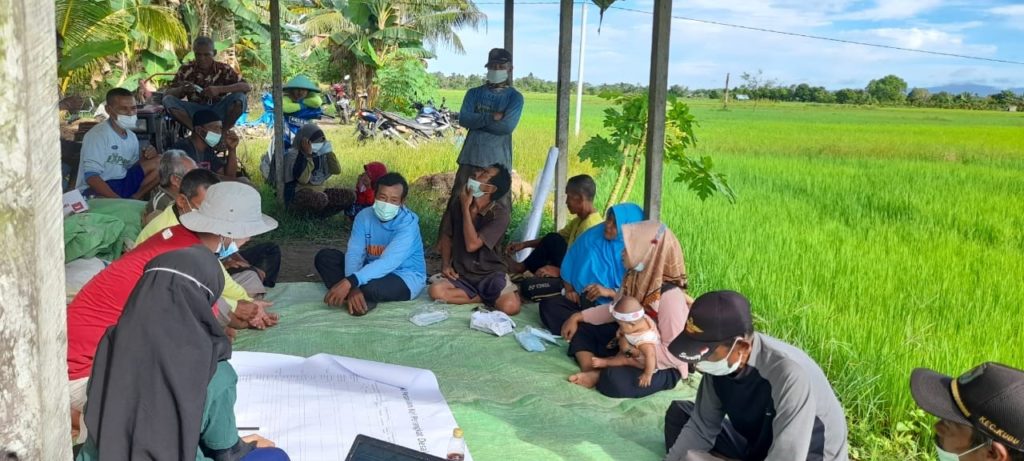
Discussion with farmer group members in Sungai Terus village, Kubu Raya district, on improving access to Five Livelihood Capitals topic, which developed rice cultivation with a direct seed planting system (tabela)

